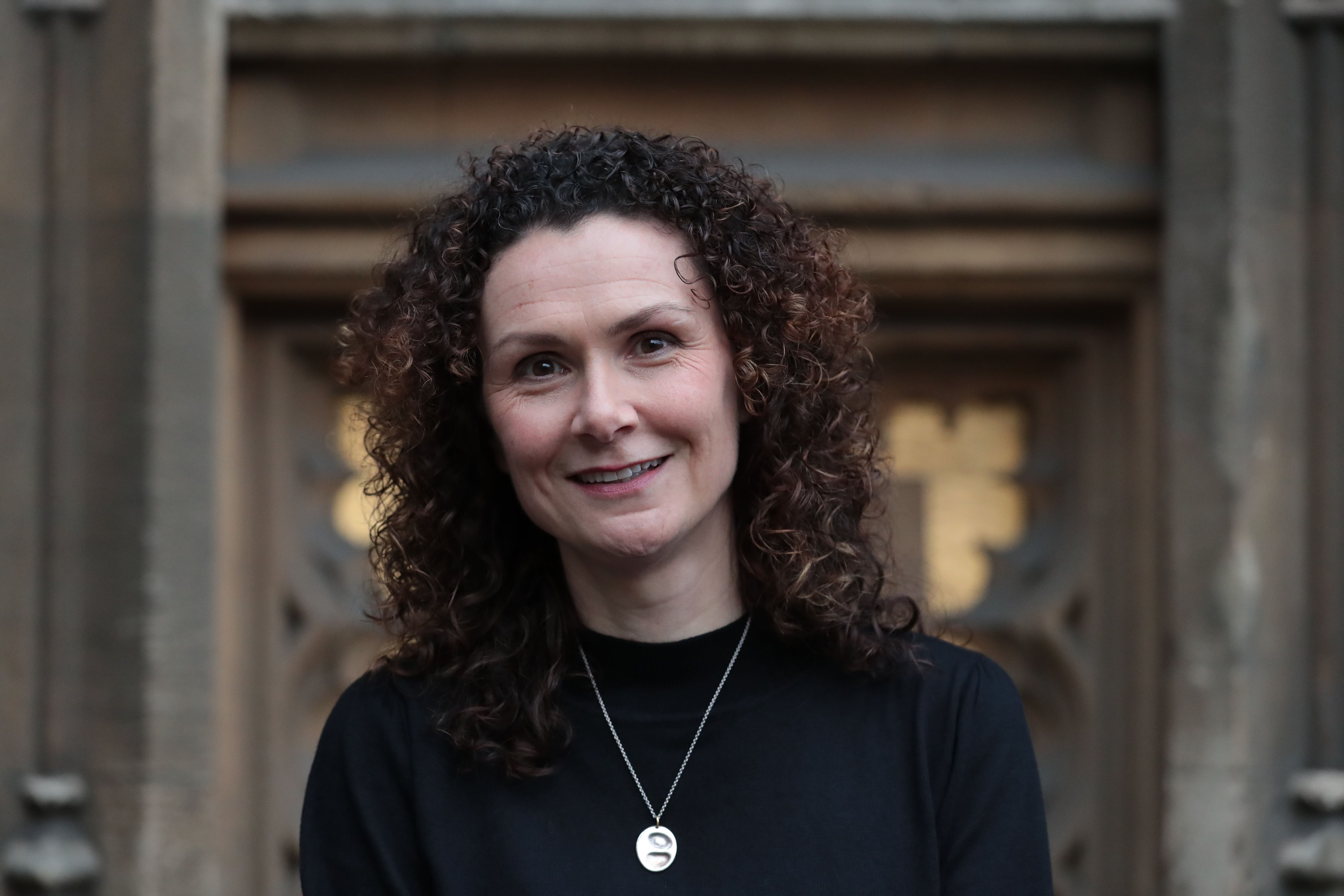Lib Dems push for changes to Commons rules to boost their influence
Lib Dem chief whip Wendy Chamberlain suggested that with 72 MPs her party should have more questions and debate time than previous third parties.

The Liberal Democrats will push for changes to Parliament’s procedures to give them more influence as the third biggest party.
Lib Dem chief whip Wendy Chamberlain questioned the fairness of the current rules, which give a “special platform” to the Tories as the largest opposition party.
The Conservatives have 121 MPs while the Liberal Democrats have 72, and Ms Chamberlain suggested her party should have a fairer allocation of Prime Minister’s Questions and Commons debating time.
“Being the third party is a big responsibility. We have a far greater ability to affect change now than we did in previous recent parliaments. We want to be a constructive opposition,” she told the Lib Dem conference in Brighton.
“It’s great to have the opportunity to vote on a regular basis for Liberal Democrat amendments to legislation. We’re also looking forward to our first opposition day debate, where we control the parliamentary timetable, in just a few weeks’ time.
“Part of what we’ll also be doing is looking at how Parliament itself works.
“Our Parliament gives a special platform for the largest opposition party over and above the third party, but the election result we have just seen raises questions about whether that is the fairest way forward.
“After all, in the past 100 years, the gap between the second and the third parties has never been smaller.
“For every three Conservative MPs, there are now two Liberal Democrats.”
She pointed to the Hansard Society’s work on the new “muti-polar Parliament” as an indication of how things could be changed and how Commons rules could be reformed.
The think tank has said that in the recent past the Official Opposition has held around 70-74% of the seats on the opposition benches but after the election the Tories hold just 53%.
Ms Chamberlain said: “We are in what the Hansard society has described as a multi-polar Parliament, and that respected organisation has floated changes that could be introduced in Parliament to reflect that new electoral reality.
“We have an opportunity to make Parliament work for the better. That’s a good thing in and of itself.
“But if we get it right and Parliament makes better decisions, then that has a positive impact on people’s lives too.
“As chief whip, I’ll be committed to making sure that we secure those changes.”
Conservative Party chairman Richard Fuller said: “With the Liberal Democrats you don’t get any opposition, just a stronger Labour Party with a Liberal Democrat MP who agrees with everything they want to do. That means no voice holding the Labour Government to account.
“For our part, the Conservative Party in parliament will fulfil that vital role to provide effective opposition to Labour’s policies and offer the alternatives when needed.”
Bookmark popover
Removed from bookmarks